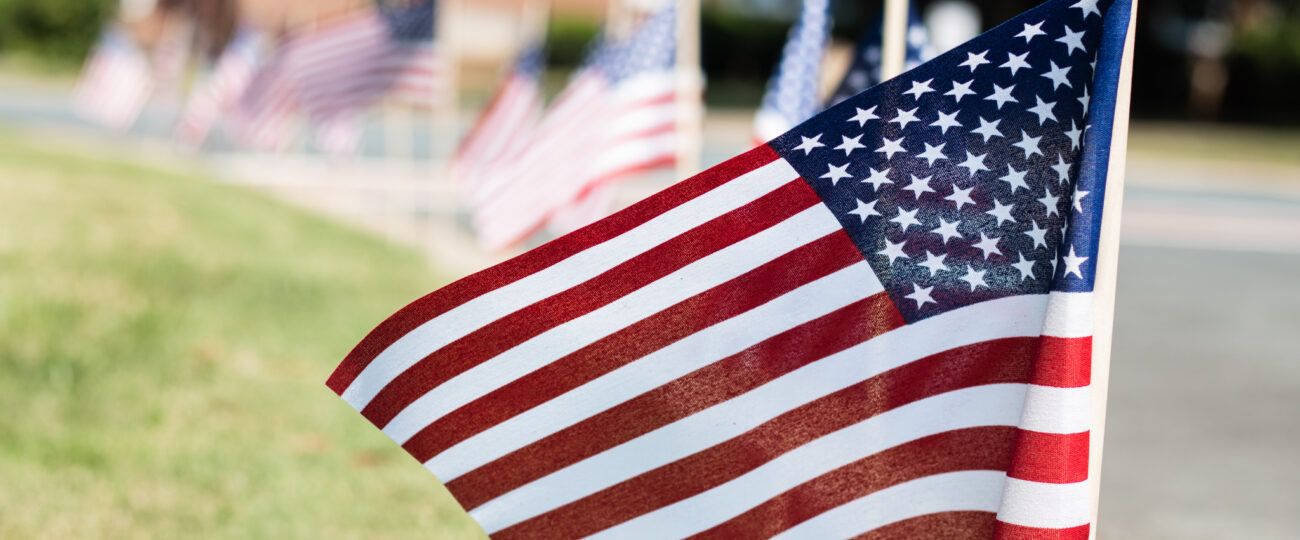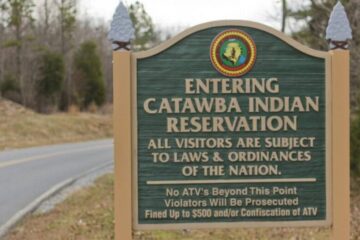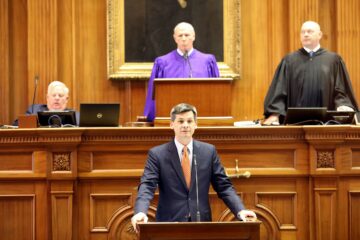As a day that will live on in the minds of Americans, Sept. 11, 2001 left a scar on our nation. An unprecedented terrorist attack took place on American soil, killing 2,977 people.
It was a Tuesday morning at 8:46 a.m. when American Airlines Flight 11 crashed into the north tower of the World Trade Center in New York City, followed by United Airlines Flight 175 hitting the south tower at 9:03 a.m.. At 9:37 am, American Airlines flight 77 crashed into the Pentagon. The last plane, United Airlines Flight 93, crashed into an empty field in Shanksville, Pennsylvania. Passengers onboard revolted against the hijackers who were originally aiming to crash the plane into the Capitol building or the White House.
Many thought that the first plane crash was just an accident. It wasn’t until the second plane hit the south tower everyone knew the nation was under attack.
Dr. Jennifer Disney, director of Winthrop University’s political science department, was in Brooklyn, New York on Sept. 11, 2001. In a cultural event last Thursday about the 20 year anniversary of September 11, Disney told attendees she was a graduate student at City University of New York at the time. Disney described being woken up by a phone call with her mother that morning asking if she was okay.
“I was talking to my mom watching live on TV when it happened, when the second plane hit,” Disney said.
Disney talked about how unreal it felt and how she had to go down there to see it with her own eyes.
“I remember the very next day, I said ‘I have got to go down there. I gotta go. You couldn’t get to the subways right around where it happened, but I found a way to get there just to kind of see because you just didn’t believe one, that these building were hit, and two, the fire and the gasoline, the way [the buildings] fell just seemed impossible, unfathomable, unimaginable. I remember wanting to be there just to see it, just to make it real,” Disney said.
This attack left its mark on the nation. It was unexpected and unbelievable. It changed the way America viewed many things, one of the most visible being national security.
“The attack on the US was truly a seismic shift in national security, as the previous decade had been a triumphal one celebrating the end of the Cold War,” said Dr. Chris Van Aller, professor emeritus of political science. “We seemed to be relatively safe. The first major point is, as the 9/11 Commission noted, we could have been better prepared for such an attack in terms of the agencies involved, as the CIA for example did not talk to the FBI about important info the former had.”
After the tragedy of Sept. 11, America was launched into a war on terror.
“Fighting terrorism is like ‘eating soup with a knife’ meaning that balancing a response is very tricky, and the U.S. made substantive mistakes in terms of a thoughtful and effective reaction. We essentially fought three wars after the attack, a general one on terror, the Afghan one, and finally the Iraq conflict. In each we got the balance wrong, based on American ideas on strategic culture, that is, how we typically fight wars,” said Van Aller.
What happened Sept. 11, 2001 is still affecting survivors to this day. Many first responders and people who were close to the site have passed away or are still suffering due to cancer, respiratory diseases and other health issues caused by the burning of the buildings, debris and the amount of time they spent at Ground Zero in the aftermath.
These days, most college students do not remember the attacks, only the aftermath.
“When someone mentions Sept. 11, 2001, what we think about is usually the people who were directly affected by it. We only really know what we’ve heard and what our teachers have shown and taught us in school. It’s mostly about the survivors and the people who’ve passed on,” said junior psychology major, Tyrani Flanningan.
The memory of seeing the videos in class growing up are memories shared among many college-aged students.
“I remember seeing the video footage in school every year. It helps put into perspective what happened but it is still hard to wrap my head around sometimes since I wasn’t even born yet. I was still so young when most of the wars and conflicts happened, so they weren’t really on my radar. Most of what I know is just from school,” said sophomore English education major Haley Beu.




